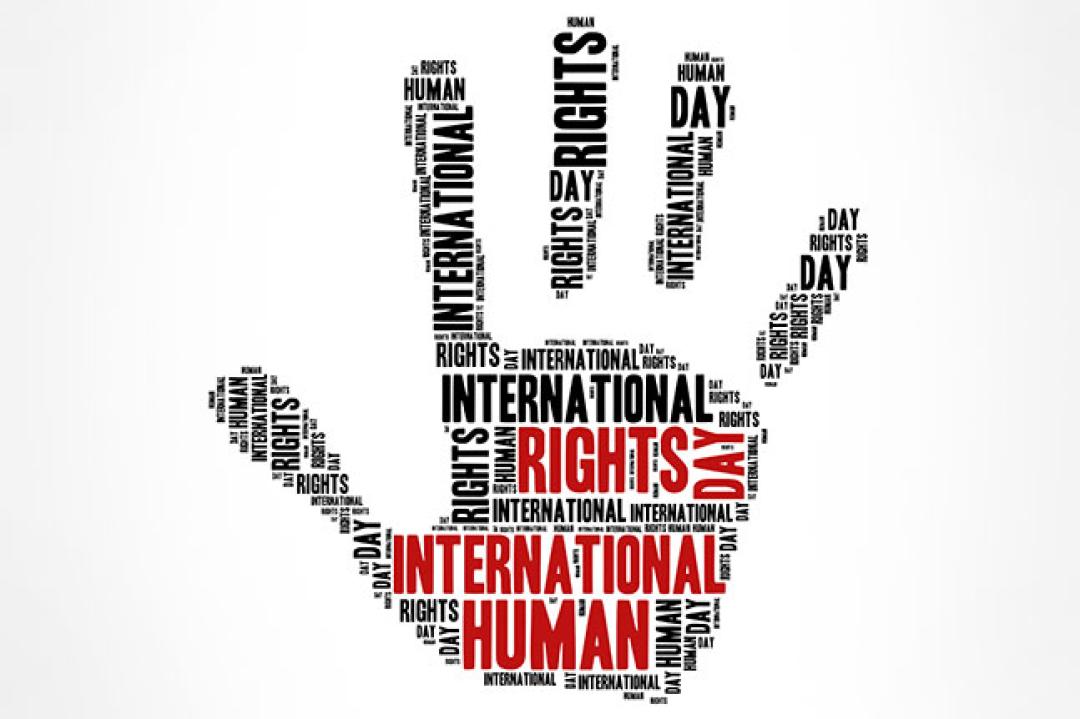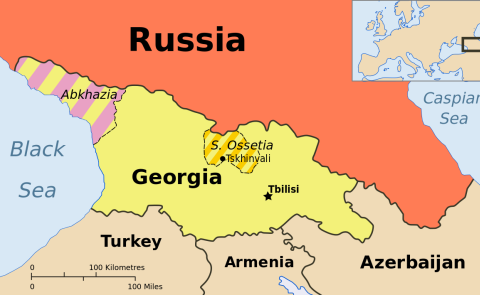
US State Department Reports on Human Rights Practices in Armenia

On March 20, the US Department of State released the 2022 Country Reports on Human Rights Practices covering 198 countries and territories around the world, including Armenia. The report encapsulates sections spanning from conflict-related abuses to societal abuses, corruption, and lack of transparency in government.
According to the report, violent confrontations between Armenia and Azerbaijan last year led to casualties and arrests. In September, Azerbaijani forces committed unlawful killings and subjected Armenian forces to cruel, inhuman, or degrading treatment. Complaints were lodged with the European Court of Human Rights by both sides on alleged atrocities during the conflicts of 2020 and 2016.
There were no reports of the government or its agents engaging in arbitrary or illegal killings. However, human rights NGOs continued to voice concerns about non-combat deaths within the military. They criticized law enforcement agencies for failing to carry out impartial investigations into those deaths.
The report also referred to Human rights activists’ claims about the lack of accountability for old and recent law enforcement cases, which has contributed to the ongoing problem of security forces’ abuse of individuals in their custody. In addition, the report raised concerns regarding the conditions of prisons and detention centers, particularly in terms of physical facilities, access to healthcare and mental health support, treatment of LGBTQI+ individuals, and predation by hierarchical criminal/organized crime structures.
Referring to the civil judicial procedures and remedies, the report noted that while citizens had the option to pursue legal action and file lawsuits for alleged human rights violations, many chose not to do so, given their mistrust of the judiciary and the anticipated length of the judicial proceedings.
A reference was made to the censorship or content restrictions for members of the press and other media. In this context, the report highlighted the legislation of May 25 backed by pro-government lawmakers, which allows state institutions to revoke journalists’ credentials if they were found to have breached the “working rules” of relevant institutions twice within a year. The media heavily criticized the legislation.
According to the report, media outlets are politically polarized in Armenia, reflecting their owners' political affiliations and financial interests.
The report also raised the issue of uneven law enforcement against racial/ethnic violence and discrimination. Particularly, the government did not investigate claims of human rights violations against the Yezidi community members. There were instances of discrimination against individual Yezidis, including cases involving property disputes.
Referring to the corruption and lack of transparency in government, the report highlighted that there were no convictions in any of the high-profile corruption criminal cases as of year’s end despite the Armenian government initiating corruption-related cases against several government officials and members of the judiciary. The report also brought up allegations of embezzlement of state funds and involvement of government officials in questionable business activities.
See Also


Georgia Has a New Ambassador to the United States

South Ossetia Announces Major Changes in Interior Ministry Leadership; Abkhazia Investigates Former Prosecutor for Illegal Firearms and Shooting Incident

Georgian Bishop Accuses Government Official of Plotting Assassination; Opposition Leader Alleges Husband’s Abduction

Armenian Government and Church Face Growing Tensions Over Leadership Allegations

